
Hundreds of thousands of Jews crowded the streets of the Israeli city of Bnei Brak on Sunday to attend the funeral of Chaim Kanievsky, an important rabbi who died on Friday at the age of 94, amid a broad police device to control the masses and prevent major incidents during the funeral procession.

Among some 3,000 policemen and with much of the streets and roads in central Israel cut off to traffic, at least 500,000 members of the Israeli ultra-Orthodox community participated in a funeral procession to accompany Kanievsky's body on the way to the grave. The Israeli police estimated the influx at about 750,000 people.
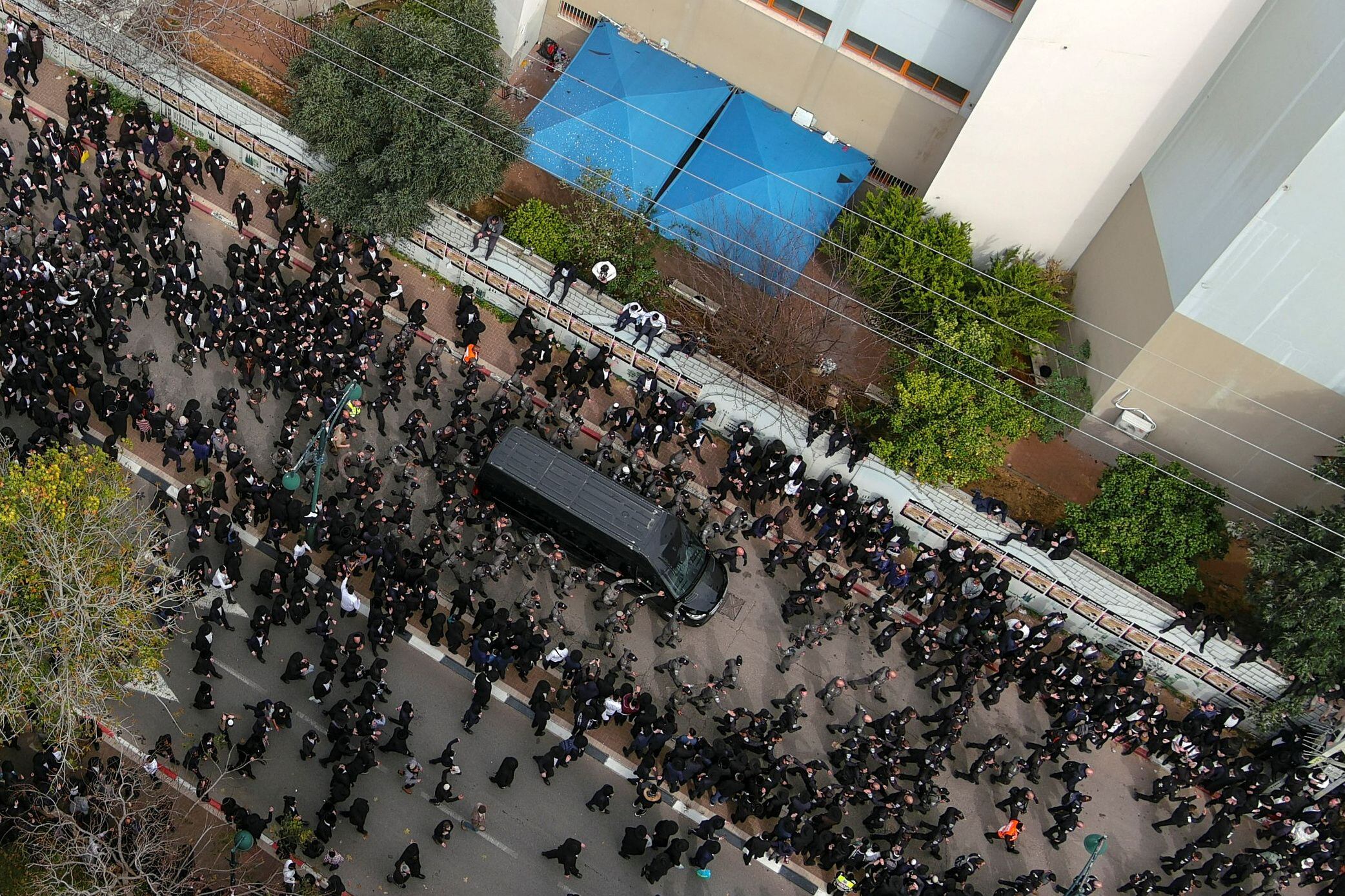
They traveled less than a kilometre from the rabbi's house to the cemetery where he was buried, but the risk of incidents such as large human stampedes caused the authorities to take strict security measures.
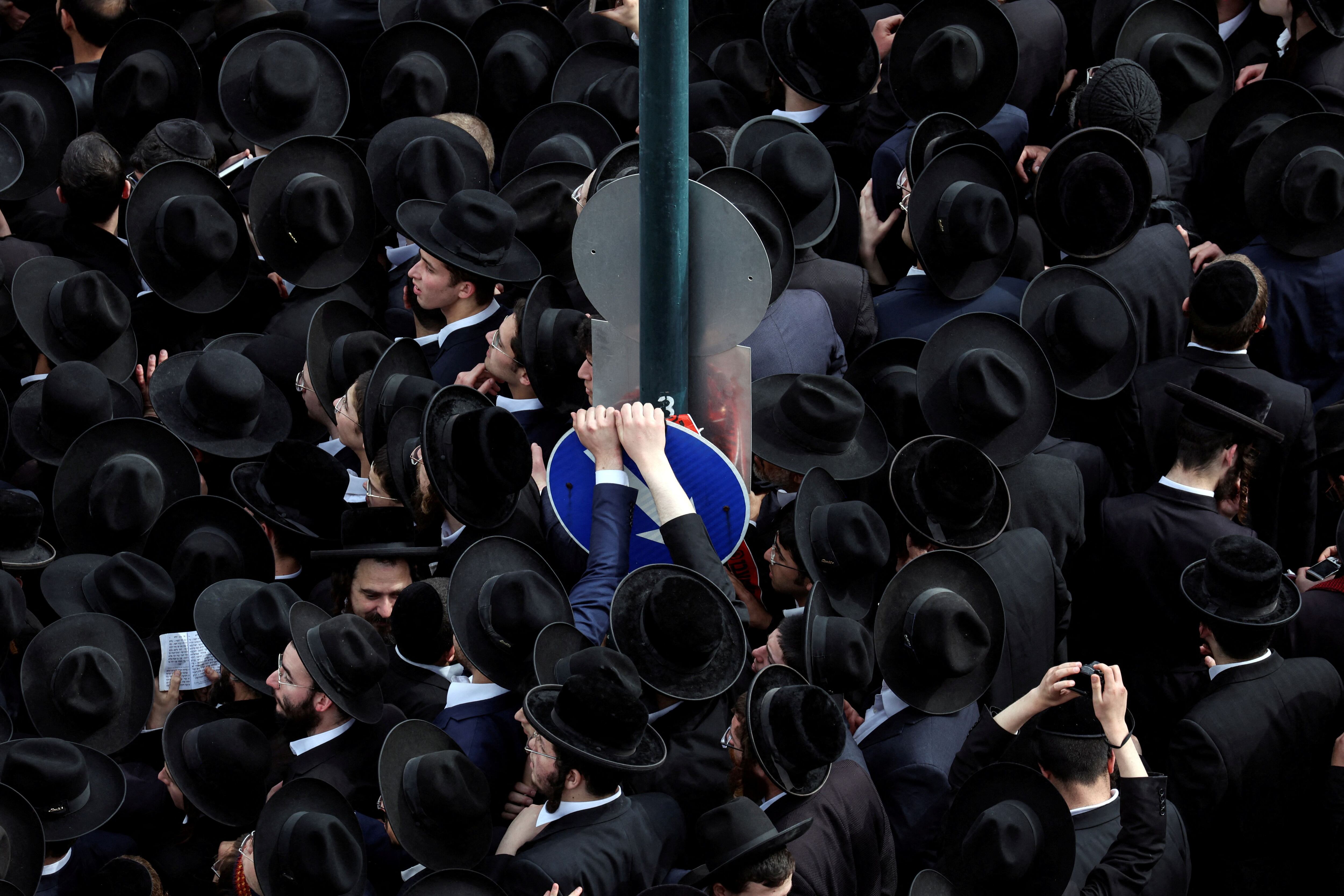
In the morning, Israeli Prime Minister Naftali Benet urged attendees to avoid crowds so that a tragedy like the one at the end of April 2021, when 45 people lost their lives in a human avalanche during a religious celebration in northern Israel, in what was the worst civil tragedy in the recent history of the country.

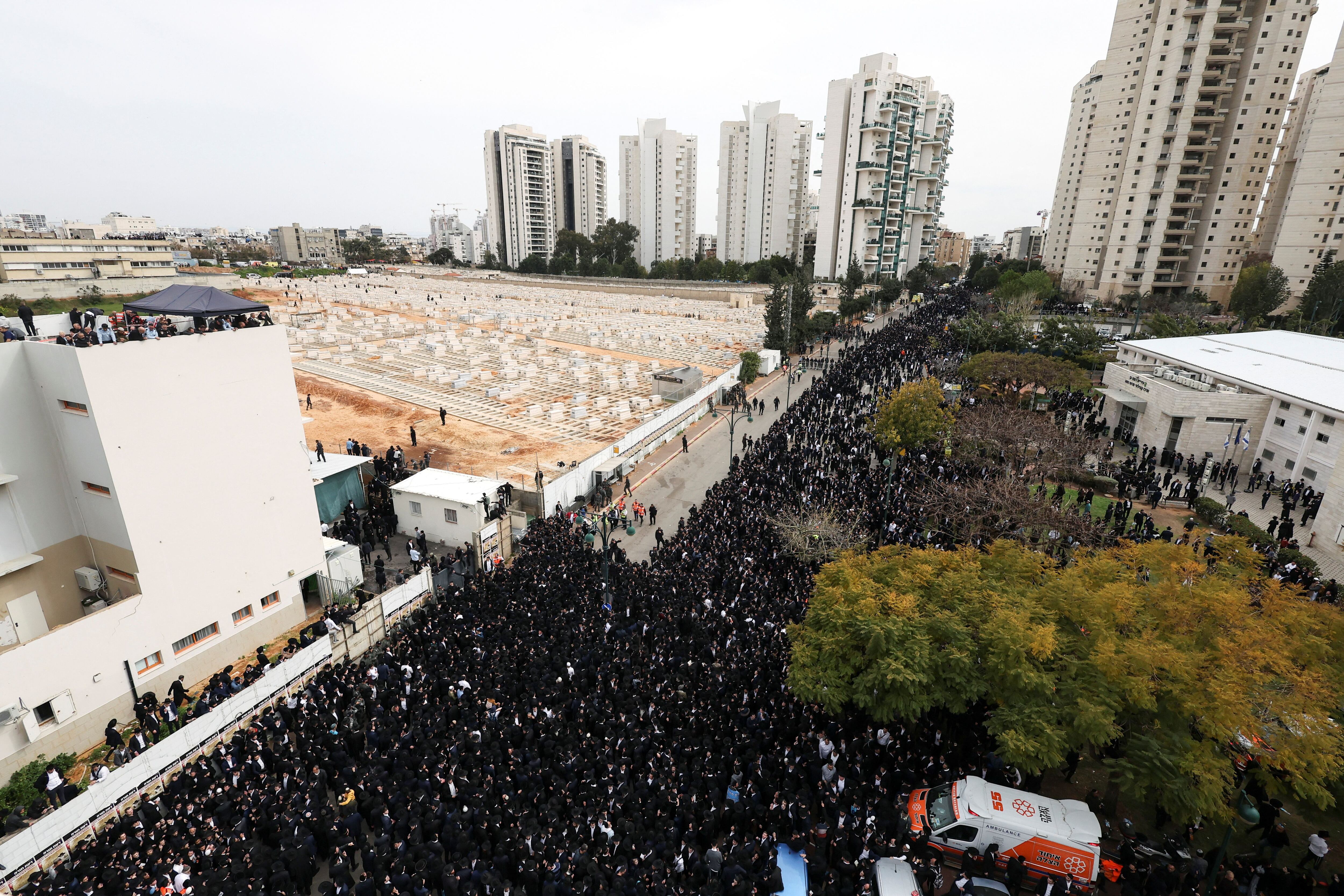
The Israeli Police gave access to the cemetery only to members of Kanievsky's family and some public figures to prevent massive congregations taking place in the compound.
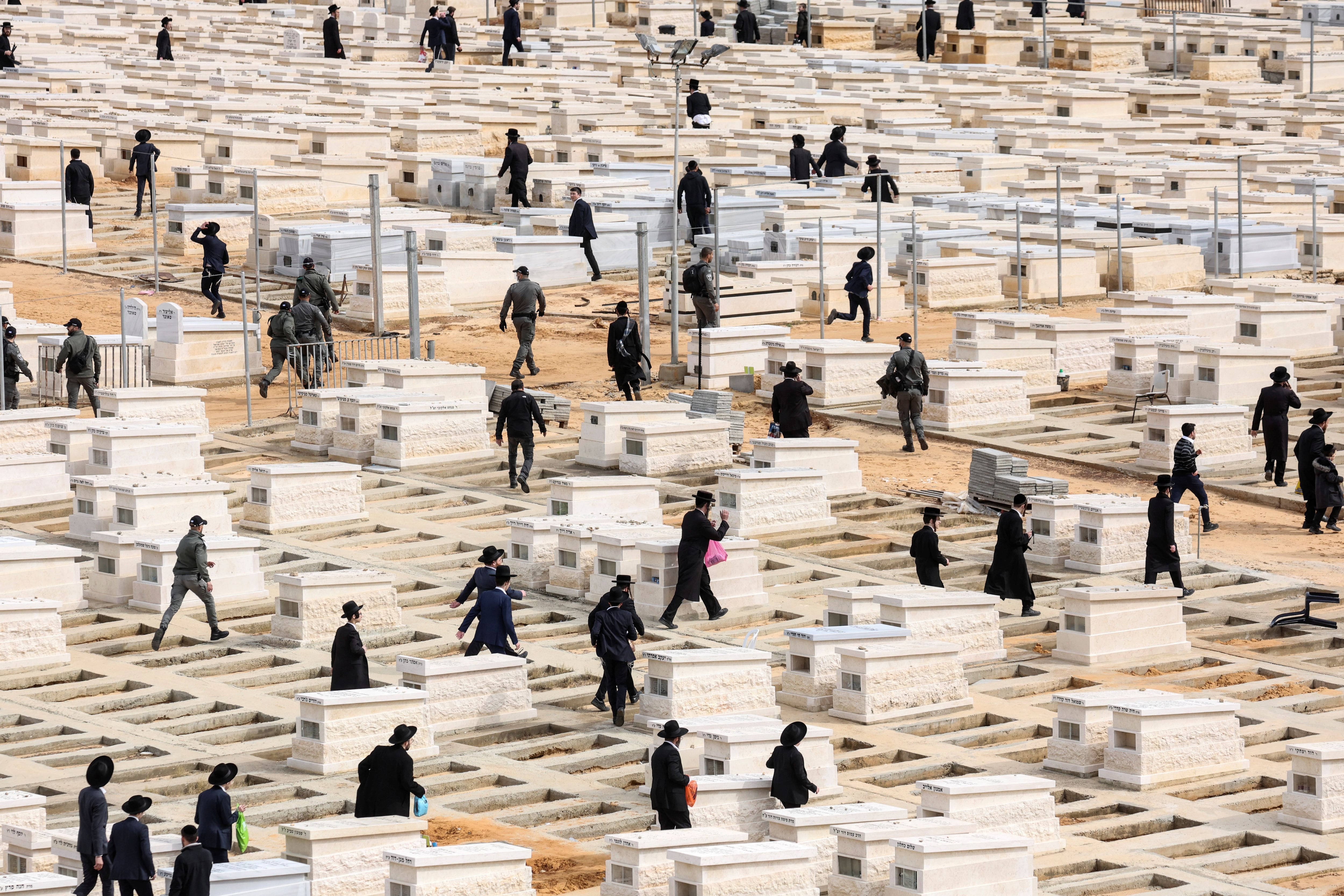
According to the Israeli emergency service Maguen David Adom (MDA, Red Star of David), the funeral ended “without serious adverse incidents”, but dozens of people were treated for fainting, dehydration or broken bones, and about 15 had to be taken to hospital.


First of all, most funeral attendees are expected to continue this afternoon in the streets of Bnei Brak, where both police and emergency services will continue to operate.
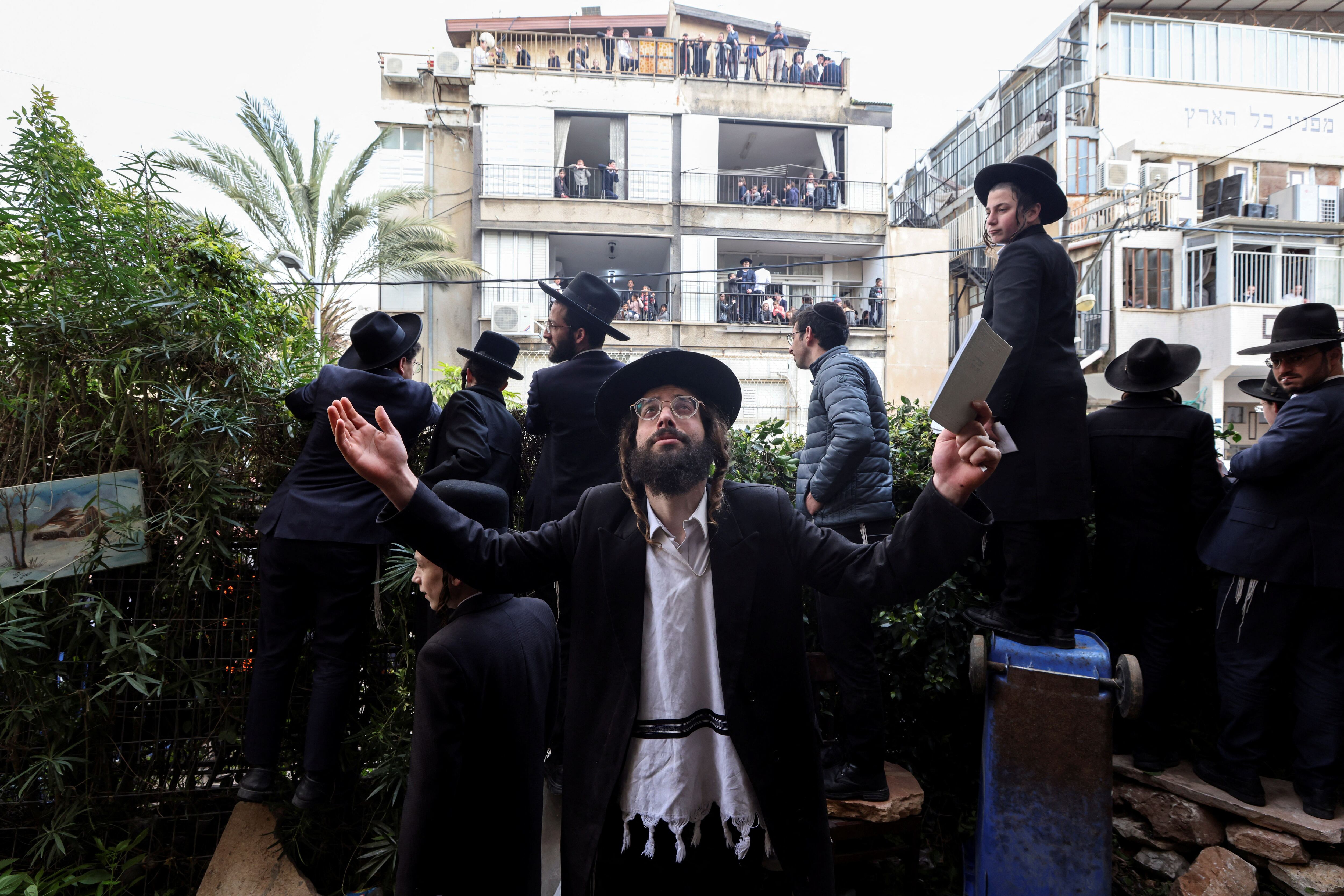
The island ultra-Orthodox community comprises 12 per cent of Israel's 9.4 million inhabitants. They govern their lives according to a strict interpretation of Jewish laws, focusing on the study of Torah and the fulfillment of traditions. Prominent rabbis like Kanievsky play a leading role in the community and often make important decisions.

Kanievsky was one of the two leaders of the non-Hasidic ultra-Orthodox current and led the Lithuanian wing of that group in Israel, which is estimated to concentrate hundreds of thousands of followers.

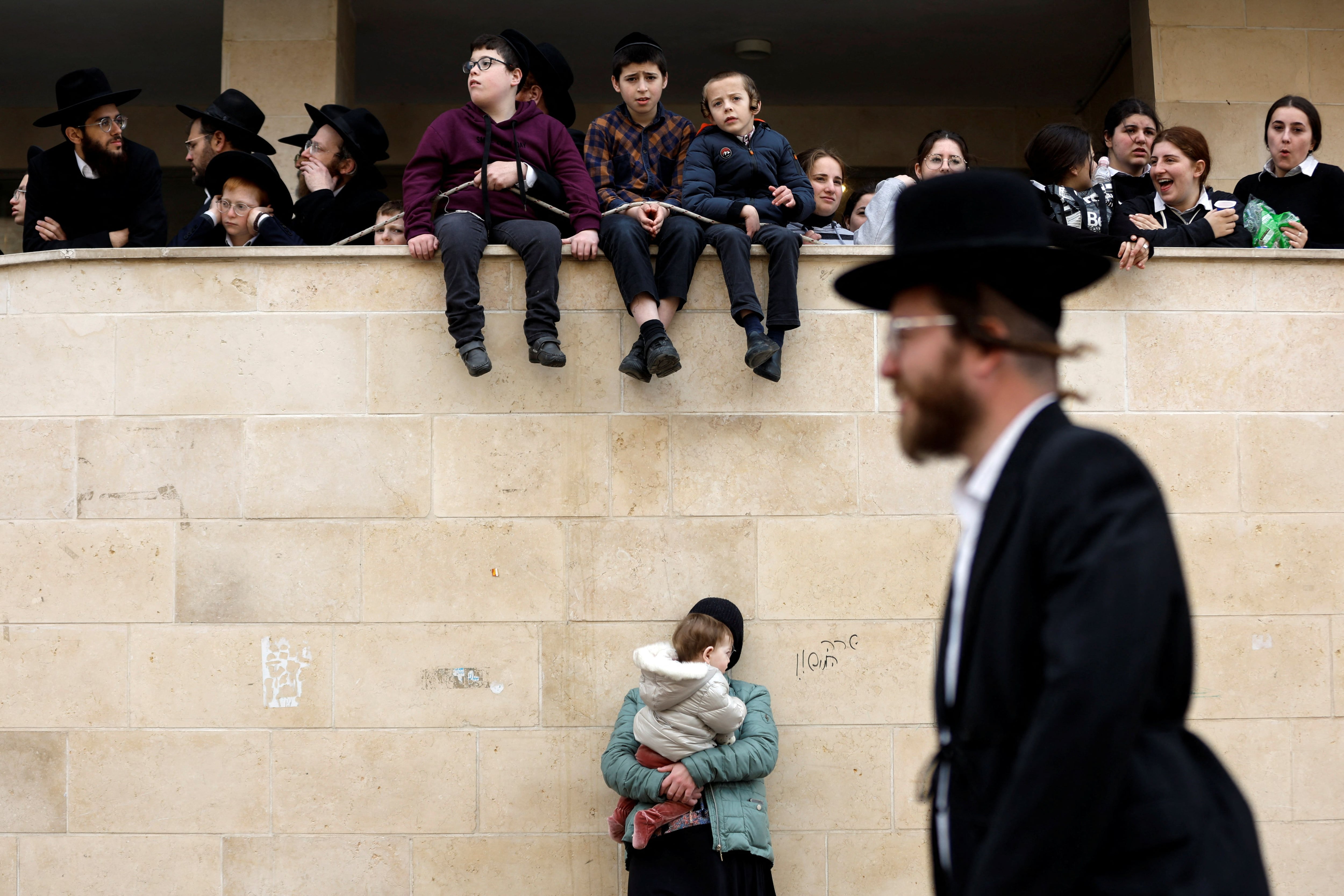
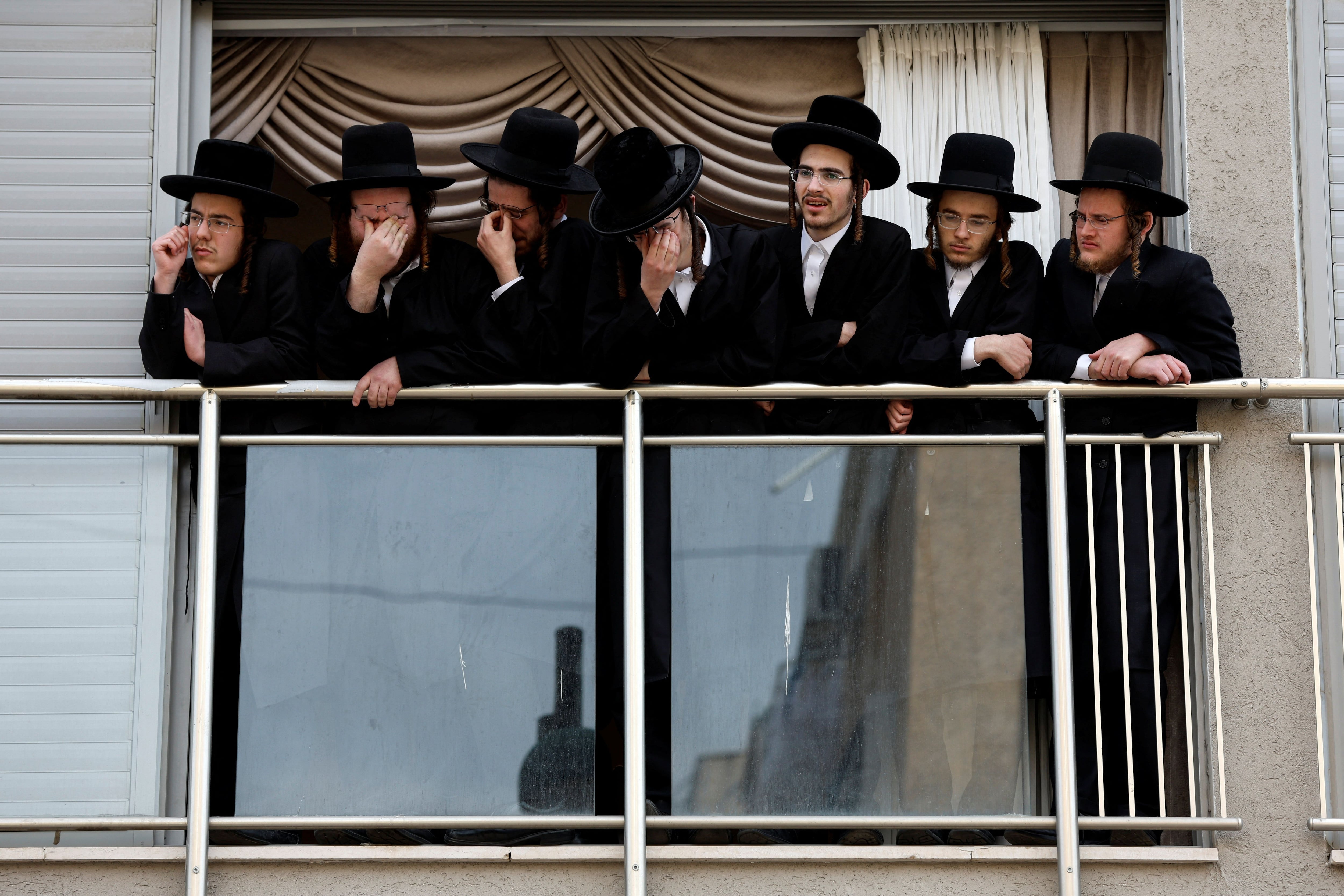
Born in 1928 in the city of Pinsk, today in Belarus, Kanievsky was one of the few ultra-Orthodox leaders born before the Holocaust who was still alive.
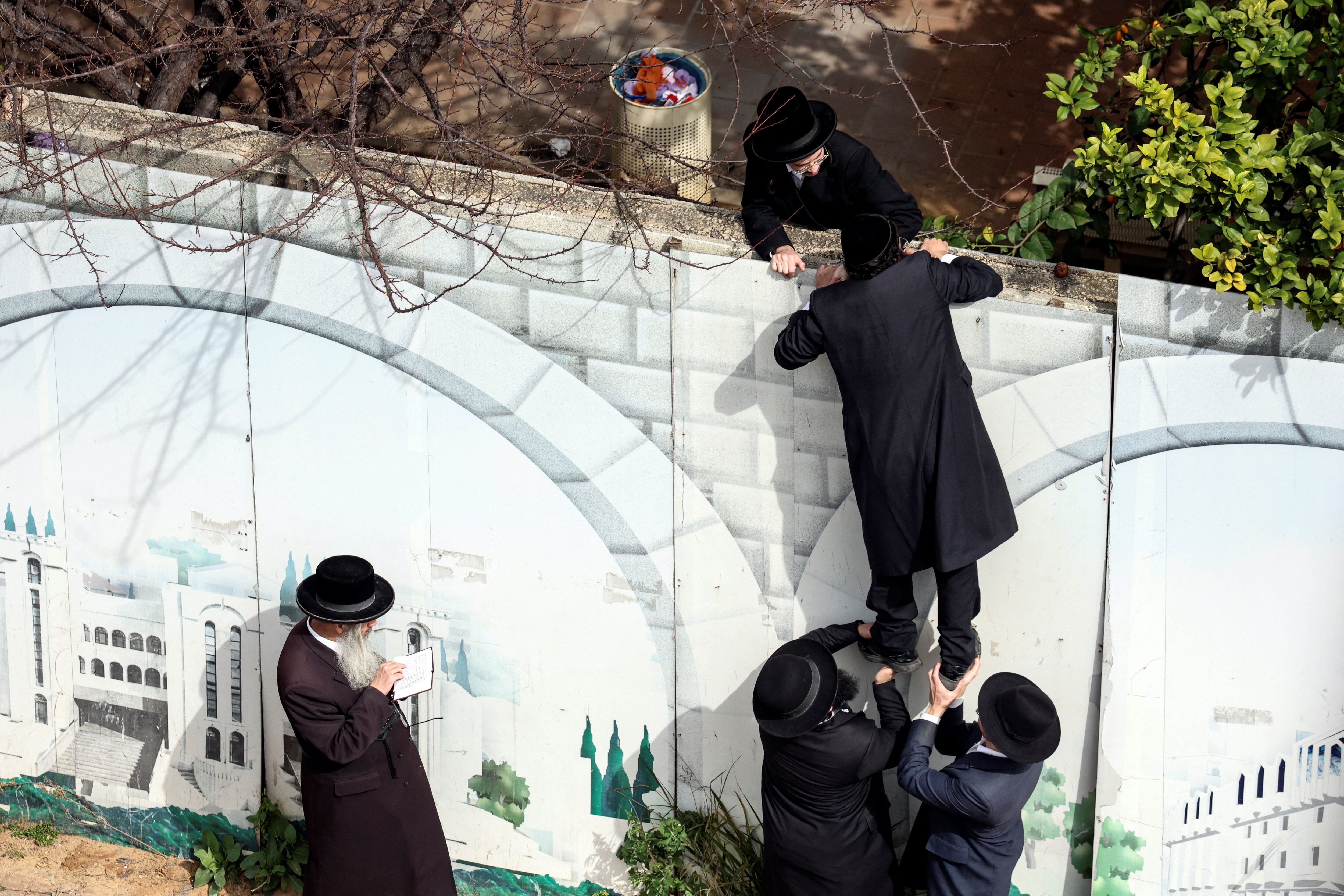
Although he held no official position, Kanievsky was considered a luminary in the ultra-Orthodox world. He made news at the start of the pandemic when he ruled that closing religious schools would be worse than contracting the virus, although he later changed his stance, when the virus began to affect densely populated areas such as Bnei Brak.
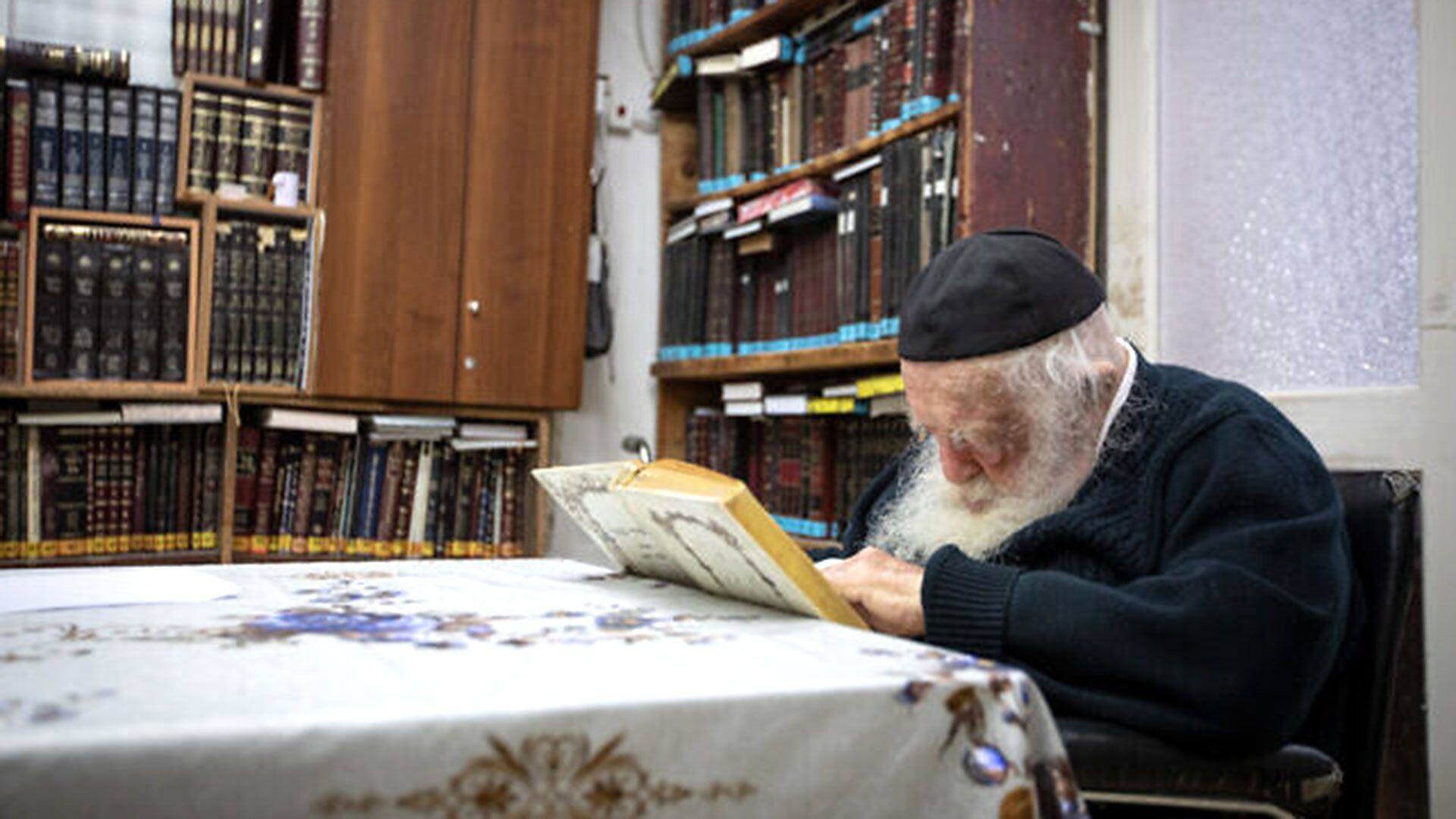
Kanievsky's death made headline news in all Israeli newspapers, and Prime Minister Naftali Bennett declared that the death “is a great loss for the Jewish people.”
“The rabbi always made sure to welcome every person with an open heart,” he said. “He was a true public leader, who from his modest home in Bnei Brak led tens of thousands of people in Israel, with wisdom, common sense and rare skill.”
(With information from EFE, AP and AFP, photos from Reuters, AP, AFP)
Keep reading:
Últimas Noticias
Debanhi Escobar: they secured the motel where she was found lifeless in a cistern
Members of the Specialized Prosecutor's Office in Nuevo León secured the Nueva Castilla Motel as part of the investigations into the case

The oldest person in the world died at the age of 119
Kane Tanaka lived in Japan. She was born six months earlier than George Orwell, the same year that the Wright brothers first flew, and Marie Curie became the first woman to win a Nobel Prize

Macabre find in CDMX: they left a body bagged and tied in a taxi
The body was left in the back seats of the car. It was covered with black bags and tied with industrial tape
The eagles of America will face Manchester City in a duel of legends. Here are the details
The top Mexican football champion will play a match with Pep Guardiola's squad in the Lone Star Cup

Why is it good to bring dogs out to know the world when they are puppies
A so-called protection against the spread of diseases threatens the integral development of dogs




